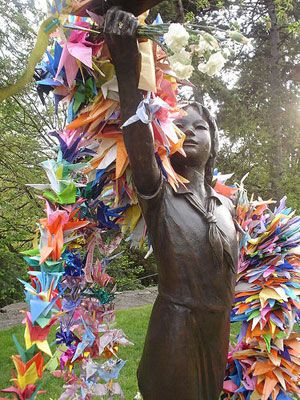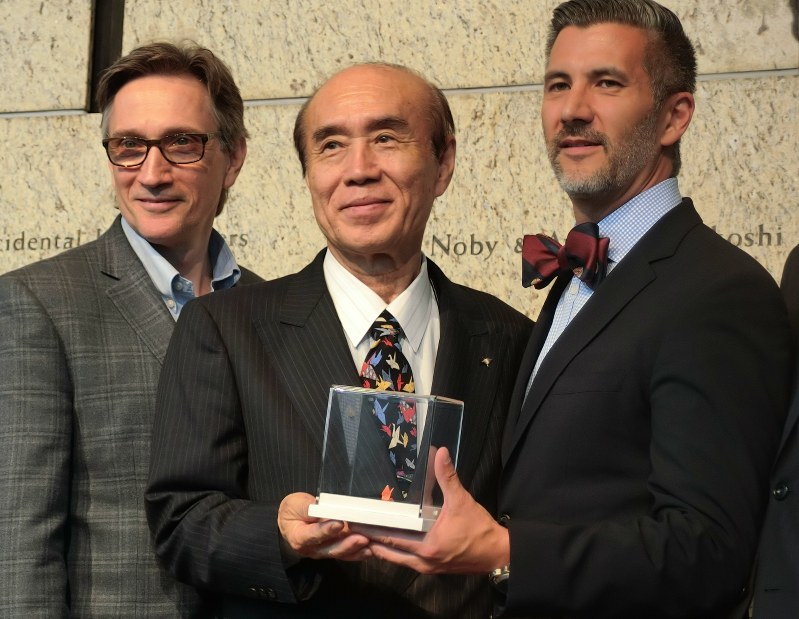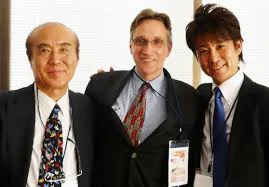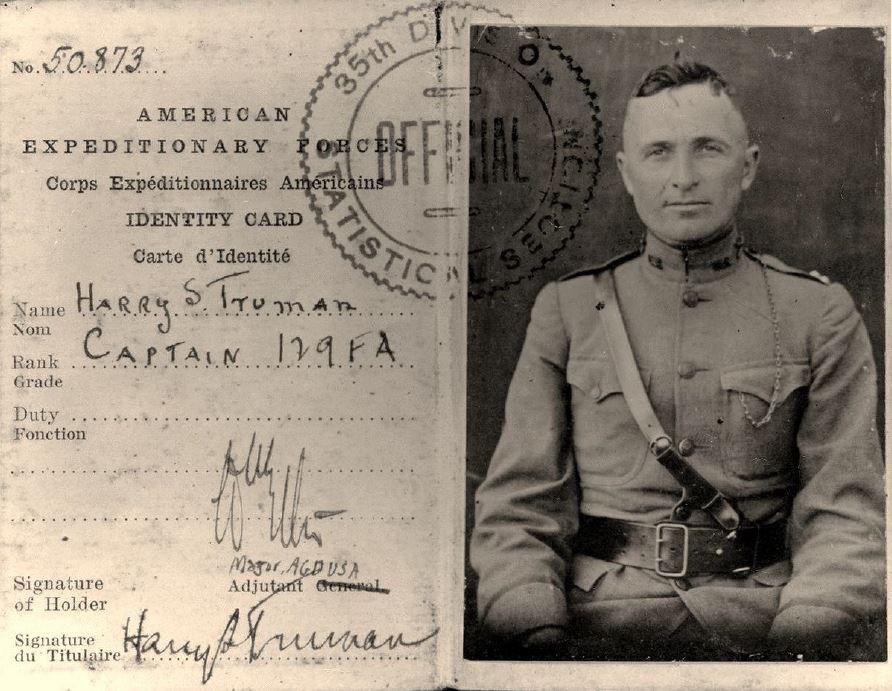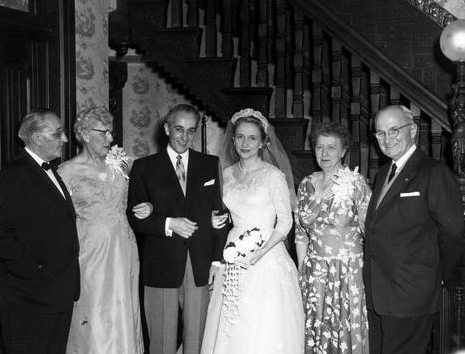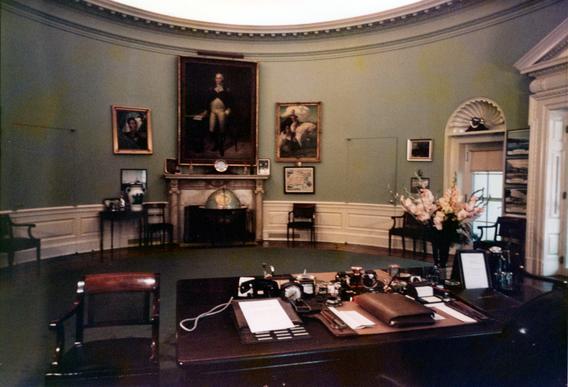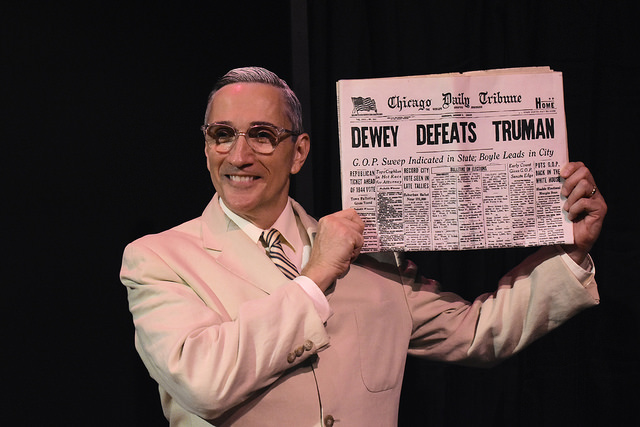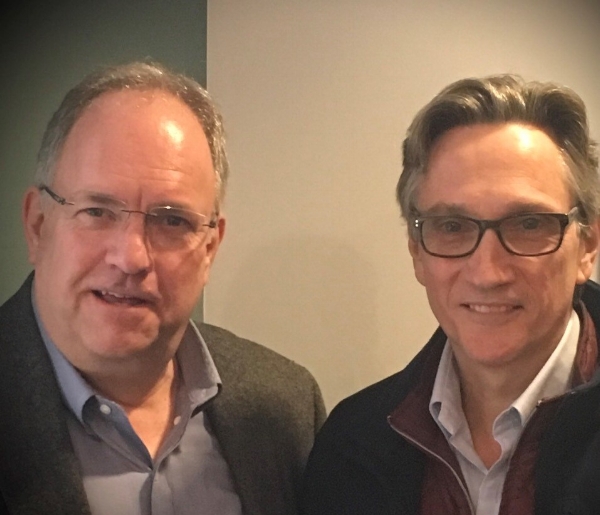CLIFTON TRUMAN DANIEL AND THE TRUMAN LEGACY
THIS WEEK: CONVERSATIONS FTA (From The Archives) - CLIFTON TRUMAN DANIEL A look back at our memorable February 2018 CONVERSATIONS podcast with Clifton Truman Daniel, the oldest grandson of President Harry S. Truman and Bess Truman and son of author Margaret Truman, who will be appearing in the one-man show ‘Give ‘Em Hell, Harry!’ at the North Shore Center for the Performing Arts, 9501 Skokie Blvd, Skokie on Saturday, April 13, 2019. Show times are 2:00 p.m. and 8:00 p.m. Visit: www.northshorecenter.org or call: 847-673-6300 for reservations. PODCAST et 4/4/2019
CLIFTON TRUMAN DANIEL AND THE TRUMAN LEGACY
In and among all the fascinating information that you need to know about speaker, writer, activist, and now, actor, Clifton Truman Daniel, is that he happens to be the oldest grandson of President Harry S. Truman and Bess Truman and son of author Margaret Truman. As current custodian of the family legacy, he has contributed to expanding our understanding of Truman’s life with a lecture series, two books and continues a professional association with the Harry S. Truman Library and Museum and Truman Institute in Independence, Missouri.
Following a series of meetings, he and his family embarked on their first-ever trip to Hiroshima and Nagasaki in 2012, an event that was covered extensively by the media. In addition to visiting both sites on the anniversary of the bombings, Daniel met and spoke with survivors. Our conversation about this experience is one of the most moving and memorable that I have ever had.
It is all part of a responsibility he says that presidential relatives carry long after the administration has been committed to history, a life not to be defined by the legacy that has been entrusted to them, but to respectfully participate in broadening its understanding and preservation. It is in this spirit that President Truman conceived the original purpose of his presidential library – the first to fall under the guidelines of the Presidential Libraries Act of 1955 – to provide open access to presidential archives through a public/private partnership and to educate the American people about the US government and the presidency. According to Daniel, the Truman Library archive, while not the largest, is perhaps one of the most meticulously collected, right down to his gas receipts.
After mounting a 2017 production of the one-man show Give 'Em Hell, Harry!, a new effort is underway to take the show on a whistle stop tour across the country to a neighborhood near you. There is a segment from the show to lead off the podcast and much more in our fascinating and informative conversation with Clifton Truman Daniel, who is keeping the Truman legacy alive for generations to come. PODCAST
Preparing to play Harry S. Truman… “I relied a little bit on genetics, but I listened to a lot of recordings of his voice. I stayed away from James Whitmore’s, which is online now, you can find that whole thing on YouTube, but, I stayed away from that because I did not want to wind up doing James Whitmore doing Harry S. Truman. So, I listened to original recordings that are archived online by the Truman Library in Independence, Missouri, and just tried to get his accent – it is an odd accent, part southern and part western – trying to get that and watching videos, and from what I remember of him. He died when I was 15 years old, so he was different, as Grandpa, he was a different man than when he was president. He was in his 80’s. … I spent months learning the lines and watching, just trying not to think about it too much and just sort of let it happen.”
On “Give ‘Em Hell, Harry!”… “The firing of McArthur is a big part of it, and oddly, the dropping of the atomic bomb is very small. I think probably that is a testament to the time in which it was written. It is more than 40 years-old – first performed in 1975 – and history has shifted since then and people’s understanding of that time has shifted. So, there are weight to things that you would think there would not be and no weight to things that you would. Overall, and it is not historically accurate throughout, it is a good show. Sam Gallu, the playwright, wrote a good show. It is true to Grandpa’s character. He has to cover a lot. The play tries to cover all of Grandpa’s life. It goes back to his childhood in Independence, Missouri. Covers his time in the senate. Covers his time as President and Vice President and covers a bit of his time afterwards. It jumps around, but holds together very, very well, which is great as an actor doing it. You hope that there’s rhyme and reason to what you are doing so that you can get through two hours of dialogue with nobody there to help you.”
The Truman Legacy… “No president has left a more complete record of just honestly writing things down. He had a habit of keeping diary entries on anything he could get his hands on. If someone gave him a loose leaf notebook or they handed him some little promotional material and it had space in the back to write notes, he would write things down. Early in his career, right on the cusp of becoming a senator, he sat down in a hotel and wrote page after page after page of where his life had brought him to that point and what he hoped for the future. So, we have a lot of what he wrote and felt, and he was very consistent. People sometimes ask me if he told me anything family-wise different than he had said public, and the answer is no. He would not give you a different answer than he would give me to the same question. He was very consistent that way. Very upfront. Very honest. So, very understood, but he did leave with still the lowest approval ratings of any president leaving office, I think largely due to the Korean War. But, he had the most momentous first four months of his presidency that, I think, anyone has ever had … he had to hit the ground running. … he had to read reams and reams and reams of reports. But he did. He caught up fast.”
The 2012 Trip to Hiroshima and Nagasaki… “The trip came about from a children’s story, Sadako and the Thousand Paper Cranes. Sadako Sasaki was a real little girl who survived the bombing – she and her family survived the bombing– in 1945 in Hiroshima. She was two at the time. Nine years later she developed radiation-induced leukemia and she followed a Japanese tradition: if you fold a thousand paper cranes, you are granted a long life and health. Sadako folded 1,300 cranes, I think it was, with the help of friends and family. It did not save her, unfortunately, and she died of the leukemia in 1955 at age 12. There is a monument to Sadako and all of the children who were killed, wounded, and sickened by the bomb. It stands today in Hiroshima’s Peace Memorial Park, one of the first monuments in the park. My son Wesley brought that book home when he was ten years old from school here in Chicago. And his teacher, Rosemary Barilla, didn’t just give them the book, she taught Japanese history, Japanese culture, took them to a Japanese restaurant and had a ceremony in class … Wesley and Ms. Barilla brought all of Japan into our lives. I mentioned this to a Japanese journalist on an anniversary of the bombing and the story was read in Japan. I had a phone call from Sadako Sasaki’s older brother, Masahiro, who also is a survivor of the bombing. We talked through an interpreter and he said that he was glad that my son and I had read his sister’s story and would I consider visiting Japan someday. I said yes. We got off the phone and I did not talk to him for five years. We finally met in 2010 in New York at the 911 Tribute Center where Masahiro and his son, Yuji, were donating one of Sadako’s last paper cranes as a gesture of healing after the September 11th attacks. At the end of that meeting, Yuji dropped a tiny paper crane into my palm and said “That’s the last one Sadako folded before she died.” And, at the point, he and his father asked me again if I would go to Hiroshima and Nagasaki. And I agreed. We went in August 2012. We attended both ceremonies. I took my son, Wesley, and his brother Gates and my wife, Polly with me. Between ceremonies, we sat down and listened to testimony from more than two dozen survivors just to let them tell the story. Not one of them came to me in anger or with the thought of retribution, or with a question of apology. All they wanted to do was ask me to continue to tell their story so the rest of the world would know what it is like to live through a nuclear explosion so we don’t do it again.”
Leadership is character… “People sometimes ask what I think my grandfather’s greatest accomplishment as President was and the answer I started giving some years ago was not the Marshall Plan, not the Truman Doctrine, not the bombings, not the Berlin Airlift, but, simply showing us all that – and I hate to call him “ordinary” ... I hate to call anyone “ordinary” – but showing us all that a middle-class guy, raised in the Midwest, a small businessman, a soldier, an entrepreneur, can rise to the highest office in the land and do a better job of it than almost anyone else. McCullough said it in the end of the book ‘Truman’ – “It’s just character.” I think the best thing about my grandfather was that he always tried to do what he thought was right. He didn’t get it right all the time, but he did what he did for the benefit of the people around him. Not for his own benefit. Not for any one interest group. Not for a core group of voters. Nothing like that. He did what he did for the country. He often said that every interest group has their own lobbyist. They have their Congressmen. They have their Senator. The people, the vast majority of people, in this country have only one lobbyist and that is the President of the United States. That, for me, is what I would like to see again – someone who puts the country, and these days, the world– ahead of personal interests. Ahead of votes.”
Vision for the Truman Presidential Library… “ ... he always said he did not want a monument to him. He did not want statues... he did not want his picture all over the place. He envisioned the presidential library not only as a repository for presidential papers, but as an institution to teach Americans about United States government, world events and the presidency. So, he always saw his presidential library as a teaching institution, which the Truman Library still is.”
Edited for length and clarity.
Photo Credits:
National Archives, Truman Library, Clifton Truman Daniel
‘Give ‘Em Hell, Harry!’
North Shore Center for the Performing Arts
9501 Skokie Blvd, Skokie
Saturday, April 13, 2019
Show times are 2:00 p.m. and 8:00 p.m.
Visit: www.northshorecenter.org
Call: 847-673-6300 for reservations.
LINKS
Clifton Truman Daniel Website
Books by Clifton Truman Daniel
Sadako and the Thousand Paper Cranes
National Archives Website
Harry S. Truman Presidential Library and Museum Website
TRUMAN by David McCullough
HARRY TRUMAN by Margaret Truman
CONVERSATIONS with Ed Tracy
Season 3|Episode 2 - February 28, 2018
PODCAST available on iTunes, Libsyn and Stitcher
ARCHIVE DE USURIS BLOG EMAIL WEBSITE SUBSCRIBE



